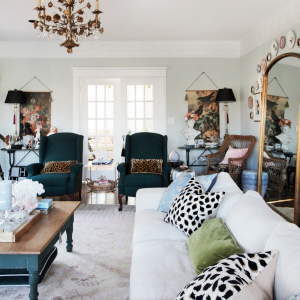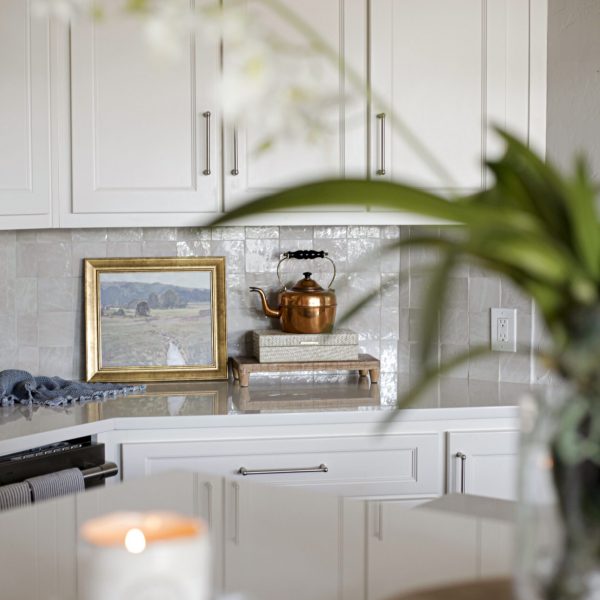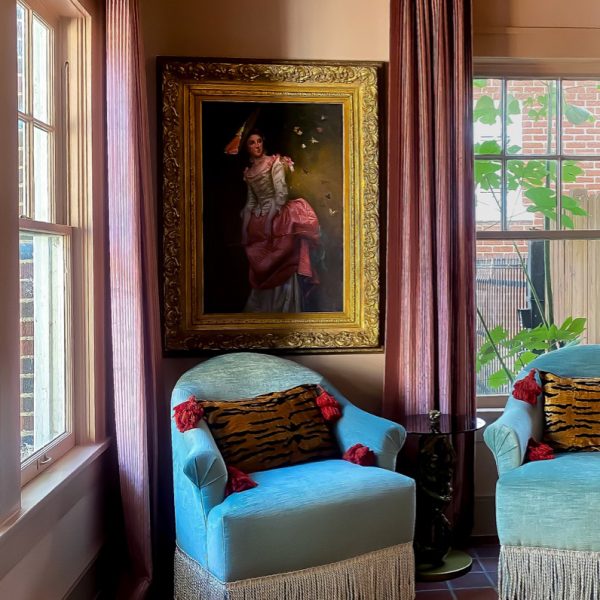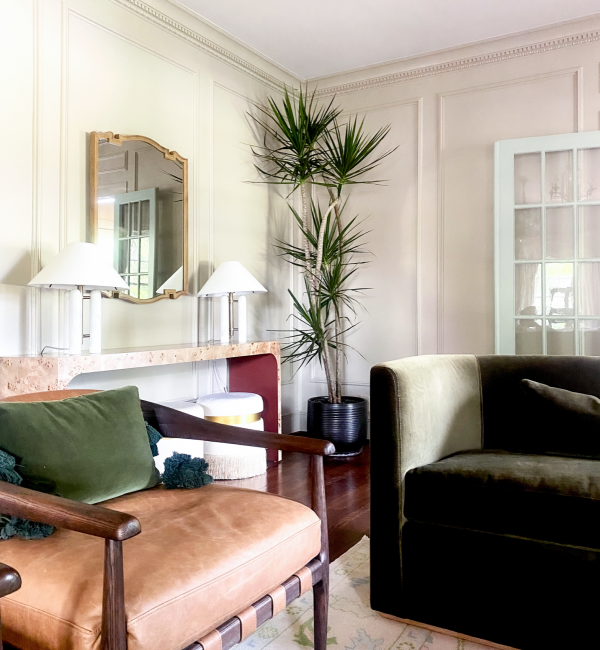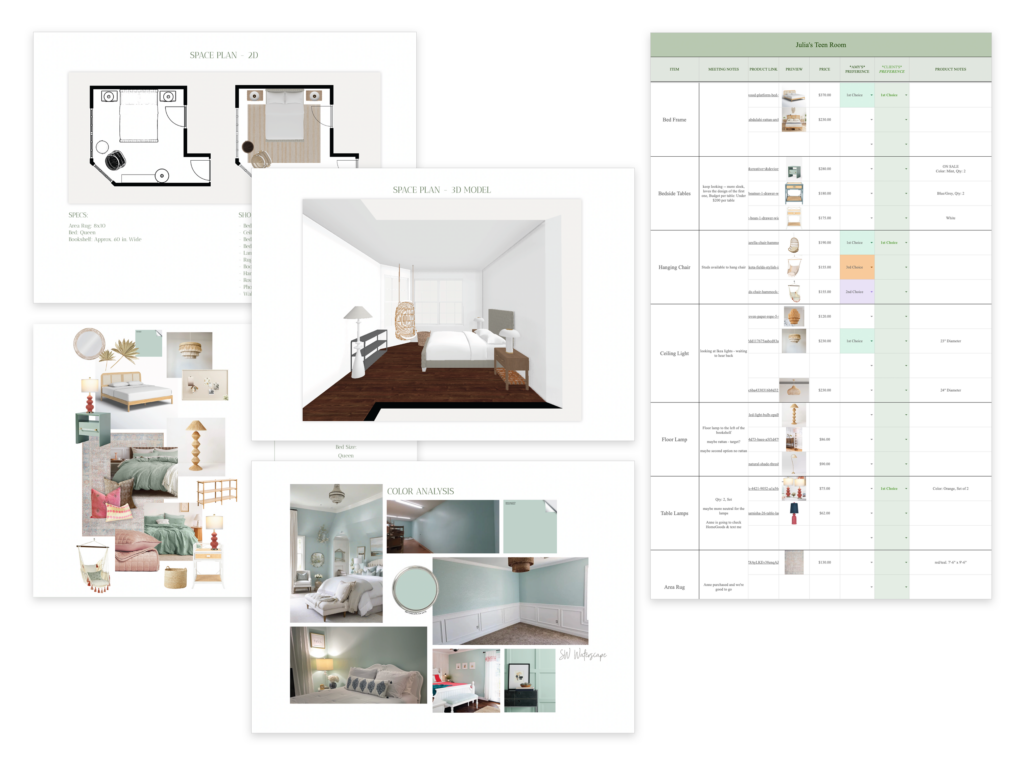As artificial intelligence (AI) continues to make headlines and show up in everything from design apps to shopping tools, many homeowners are wondering: Can AI design my home?
Sure, AI can be helpful for many homeowners who are wanting entry-level design suggestions. However, if you want a home that reflects your lifestyle, tells a story, and feels authentically lived-in, there’s no substitute for a trained designer.
Interior Design Is More Than Aesthetics Alone
Interior design is not just about pretty pictures. It’s about solving problems. It’s about making a space function for the people who live in it—how they cook, relax, gather, and move through each day. An interior designer brings a deep understanding of space planning, proportion, material durability, lighting, and human behavior that AI simply cannot compete with.
AI may be able to mimic aesthetics, but it can’t walk through your home, watch how your kids dump their backpacks at the door, or grasp your day-to-day habits. A seasoned designer can—and that’s where the magic happens.
What an Experienced Interior Designer Offers (That AI Can’t)
1. Real-World Experience & On-the-Ground Knowledge
Designers like myself bring more than a decade of hands-on experience navigating construction sites, working with trades, managing budgets, and troubleshooting in real time. We know which sofa brands sag after a year, which fabric holds up to pets, and how to balance beauty with function.
AI might recommend a white boucle chair for your toddler’s playroom because it looks good in a rendering, but a designer will gently redirect you to a washable performance fabric that actually makes sense.
2. Access to Specialty and Vintage Sourcing
AI tools rely on major online retailers and stock catalogs, but great design isn’t created with just what’s trending or mass-produced. At Amy Horany Interiors, we regularly source vintage finds, one-of-a-kind artisan pieces, trade-only furniture, and custom finishes that make a home feel collected, not copied.
These are the elements that add soul and story to your space. An AI tool can’t walk into an antique store in search of the perfect 1960s Italian chandelier or call a custom upholsterer to tweak a bench cushion height.
3. Design is Art, and Art is Human
At its core, interior design is an art form—and like all true art, it’s inherently human. It involves emotion, memory, intuition, and storytelling. Designers interpret space much like an artist interprets a canvas; layering in light, texture, rhythm, and color in a way that’s deeply personal and culturally nuanced.
We don’t just make things look good—we craft environments that feel right. That kind of sensitivity and emotional intelligence can’t be taught to an algorithm. It comes from lived experience, education, and a deep understanding of people, history, and beauty.
AI Is a Tool, Not a Designer
Let’s be clear: AI can be a helpful starting point. It can offer visual inspiration, automate parts of the process, or even help you explore different aesthetics. But it is not a substitute for expertise, intuition, or creative problem-solving. It doesn’t design in context—it designs in isolation.
A tool can’t advocate for your needs during a renovation, adapt to site conditions, or spot design opportunities in real time. A professional designer can.
The Result? A Home That’s Truly Yours
When you work with an experienced interior designer—especially one who goes beyond the catalog and into vintage, artisan, and custom sourcing—you’re not just getting a layout or color story. You’re getting a completed, cohesive living space that feels like it’s been grown, not generated.
AI might help you generate a vision, but a human designer helps you bring it to life—with intention, care, and creativity that simply can’t be automated.
Looking to start your design journey?
Let’s talk about how we can help you transform your space into something as unique as your story. Send us a message via our contact form or explore our Virtual Design Packages to get started.







